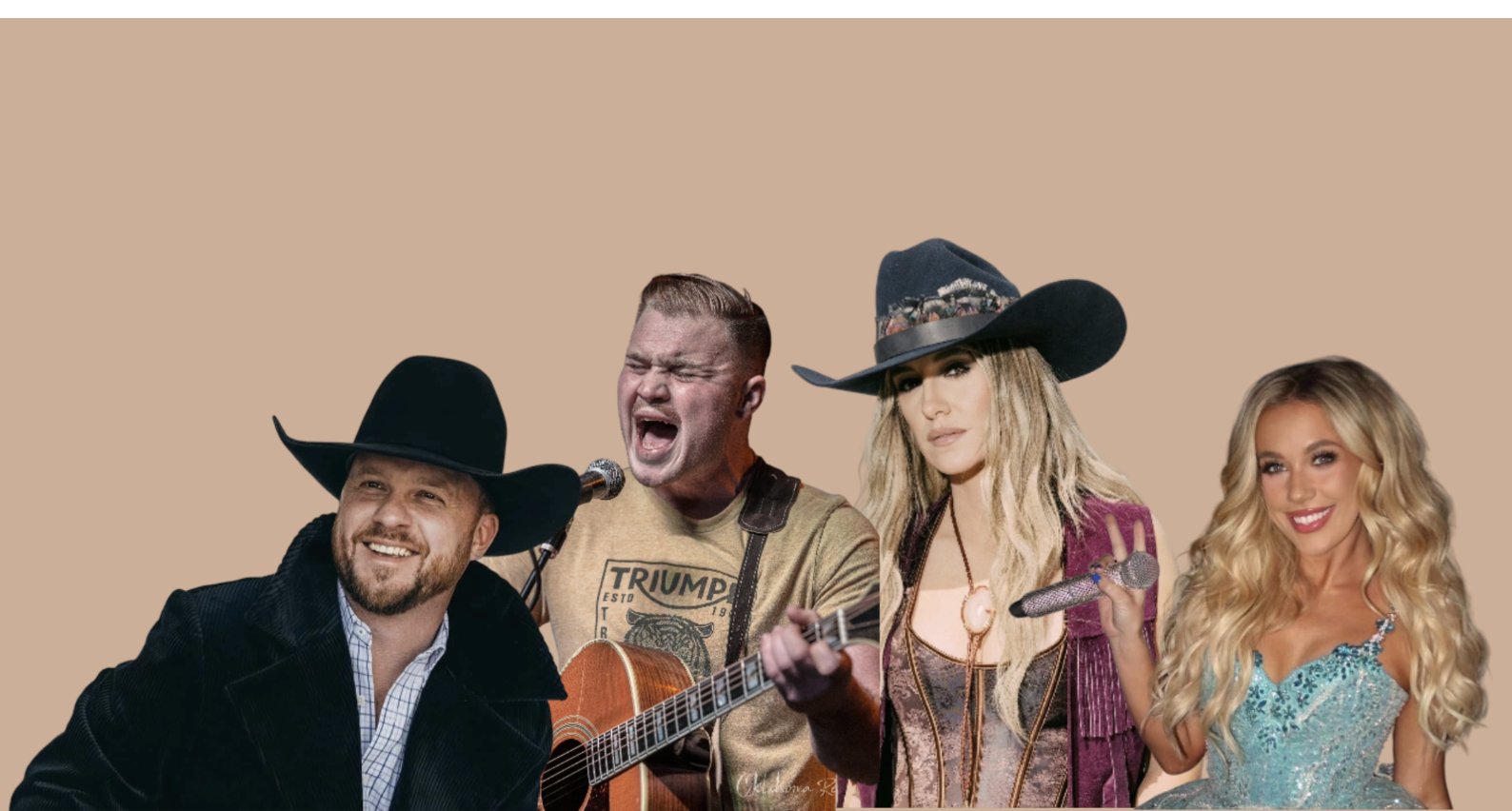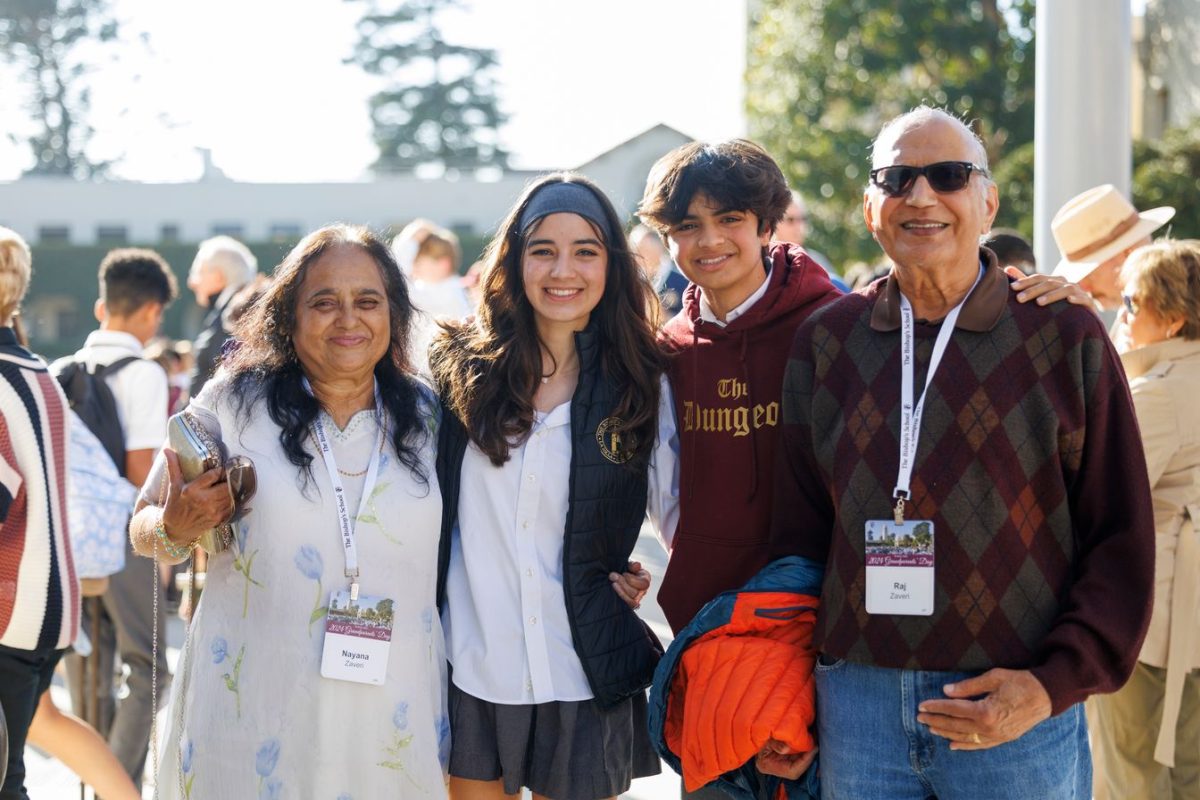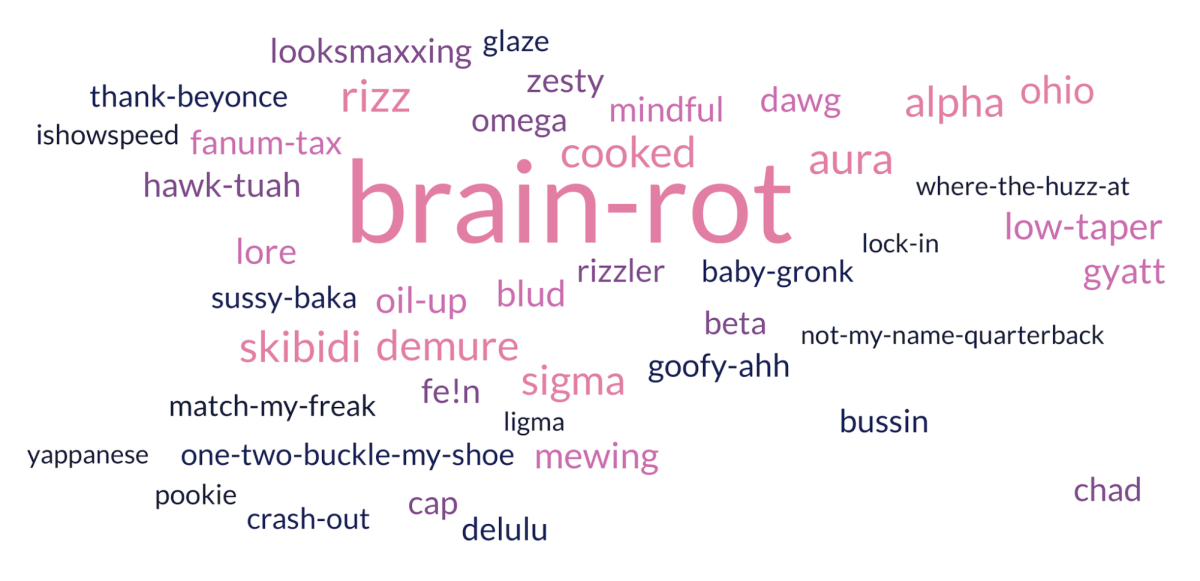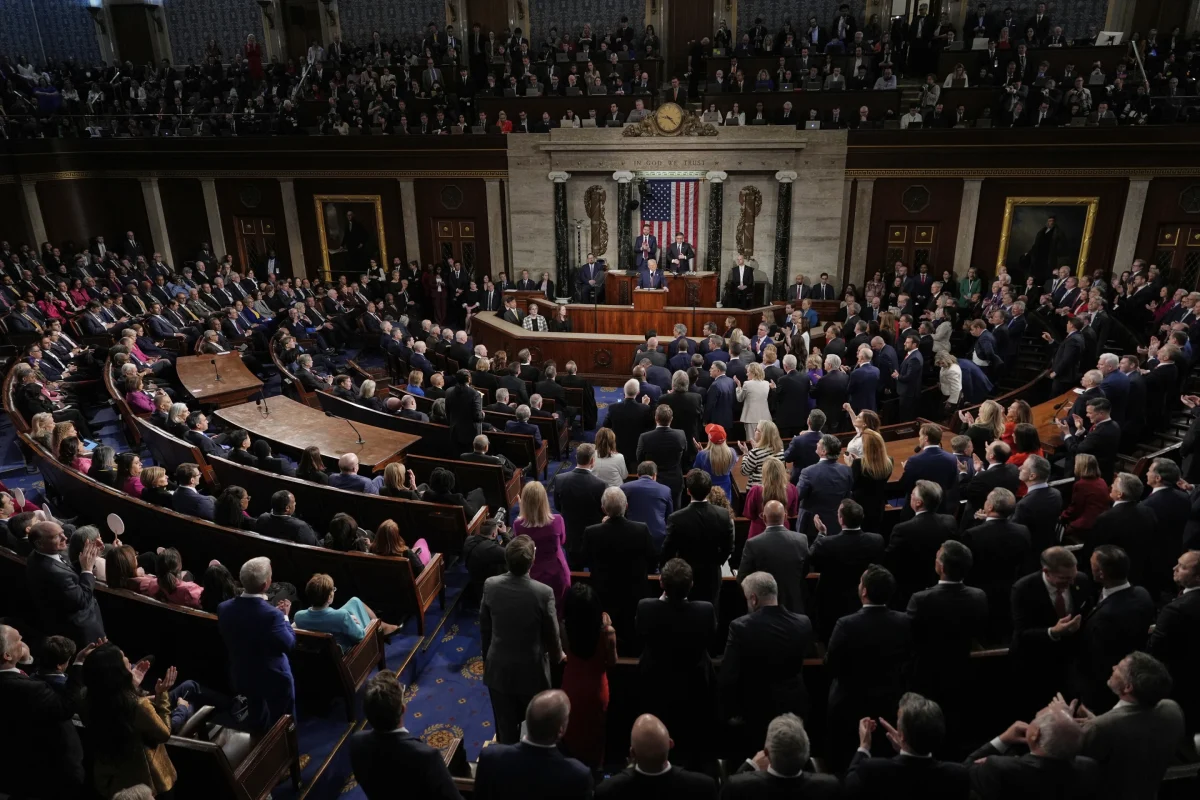“You either love it or you hate it.” That’s how Adelaide Kessler (‘25) sums up country music’s polarizing effect. She recalled Strength and Conditioning Coach Charlie Johnson’s “Western Wednesday” tradition, where country tunes fill the weight room each week; while some students embrace the twangy melodies, others quickly pop in both AirPods to tune them out.
In fact, by the 2010s, country music was tuned out not just by individual listeners, but by the music industry as a whole. British writer Grady Smith for GQ Magazine reflected on how country music was “written off” in 2013 as simply “bro country” where every song was about “girls sliding into trucks and kissing under the moonlight.” The genre faced “artistic bankruptcy” in 2016, losing listeners and respect, according to Southern country fans like critic Amy McCarthy of the Houston Press.
Yet, despite this decline, country music’s essence never fully faded. If trees grow from their roots, humans grow from our stories. Indeed, as American poet and activist Amanda Gorman eloquently wrote, “we tell stories because we are human.” Thus, it’s only natural that country music, coming from folklore, is storytelling at its core. It’s a celebration of life, as written by the Library of Congress. Storytelling remained a defining force of country music, shaping both its history and eventual resurgence.
Thus, despite criticism of country music’s paradox—being both “a never-ending keg-party” and “rooted in God” according to Rolling Stone—these values remain central to its appeal for fans like Charlie Fredberg (‘27). He voiced how one of his favorite country singers, Cody Johnson, is especially appealing because he “talks a lot about faith, God, and religion, which is a powerful and moving subject.”
For Adelaide, this blend of values makes country music “more positive, inspiring, and feel-good”—the perfect genre for when “you’re on aux because it’s family-friendly.” That familial heritage is often how a love for country gets passed down. Giles Beamer (‘26) remembered all the car rides with his dad blasting country, and Adelaide recalled her brothers introducing her to the genre. For many, that blend of faith and family has reignited country music’s cultural spotlight.
To cite one of Charlie’s favorite country singers as an example, Cody Johnson’s “Dirt Cheap” tells the story of a farmer refusing to sell his land because it holds priceless memories, declaring, “You can’t buy that kind of dirt cheap.” His song blends family and faith, as he reflects on his daughter’s childhood (“I still see her pink bow in her brown hair”), his late best friend (“Beneath the cross is where my best buddy’s buried”), and his wife’s unwavering love (“That woman that said yes when I got down on one knee”), reinforcing country music’s tradition of heartfelt storytelling.
In 2023, four different country songs sat at the Billboard All-genre Hot 100 Chart — the highest count since 1975, according to the Financial Times. Coincidence? No, some might say it’s been a long time coming.
During and post-pandemic, people searched for guidance in a fast-paced, digital world, and country music provided that sense of stability. Brittany Schaffer, Spotify’s Head of Artist & Label Marketing in Nashville said in an interview with Time Magazine regarding the resurgence of country music in 2020 that people just “want to be in a place that feels like home at a time when the world feels uncertain.” In other words, in a world where everything seems so unsure, people want the reassurance of authenticity.
For Giles, country music feels more “authentic” because in his eyes, artists “don’t use autotune, use easily recognizable instruments, and easy-to-learn lyrics — country just is easy to listen to.” That all makes sense, as singer-songwriter Lauren Jenkins said in the same Time Magazine interview, “you don’t need anything except for a guitar and a voice and a story,” and “that translates very easily across a computer screen” no matter where one is.
Jenkins is exactly right. Aside from country music’s simple instrumentation, Stella McGuinness (‘26) voiced how “country music is really good at storytelling.” Stella articulates that country “does a really good job of describing stories and emotions…through taking specific moments and making whole songs out of them [compared to] other [mainstream] genres that tend to… not go in depth with the lyrics.” She further simply put, “lyrics are the big thing for me with country music.”
Charlie and Adelaide both second Stella’s point. Every song has its own message, said Charlie, and in that sense it’s “like a story…it gives you a nice window into [singers’] lives and teaches good stuff about morals.” Other genres in contrast feel more “superficial” to him, for the “emotions in country songs feel much more raw and inspiring.”
But isn’t storytelling present in all genres’ songs? If that were the case, famous indie/alternative pop singer-songwriter Lana Del Rey, with an average of about 61.7 million listeners on Spotify, would not be declaring that the entire “music business is going country.” That said, Grammy-winning singer-songwriter Sabrina Carpenter — whose most popular albums scream girly and pop — just released a country version of one of her highest-streaming songs, “Please Please Please,” with celebrated country star Dolly Parton. Along with that, she released a deluxe rework of her Grammy-winning album “Short n’ Sweet,” where multiple tracks’ typical pop percussion sounds have been replaced with what The New York Times calls “fiddles” and “guitar licks.”
So while at first Adelaide, Charlie, Stella, and Giles all pointed to mainstream artists like Beyoncé or Post Malone’s dabbling in country music as a potential reason for country’s comeback, the real reason could just be, to quote Smith from GQ Magazine again, the fact that “country is rooted in family and faith.”
And just like that, in the wise words of Grammy-winning country artist Lainey Wilson, “Country’s cool again.”









